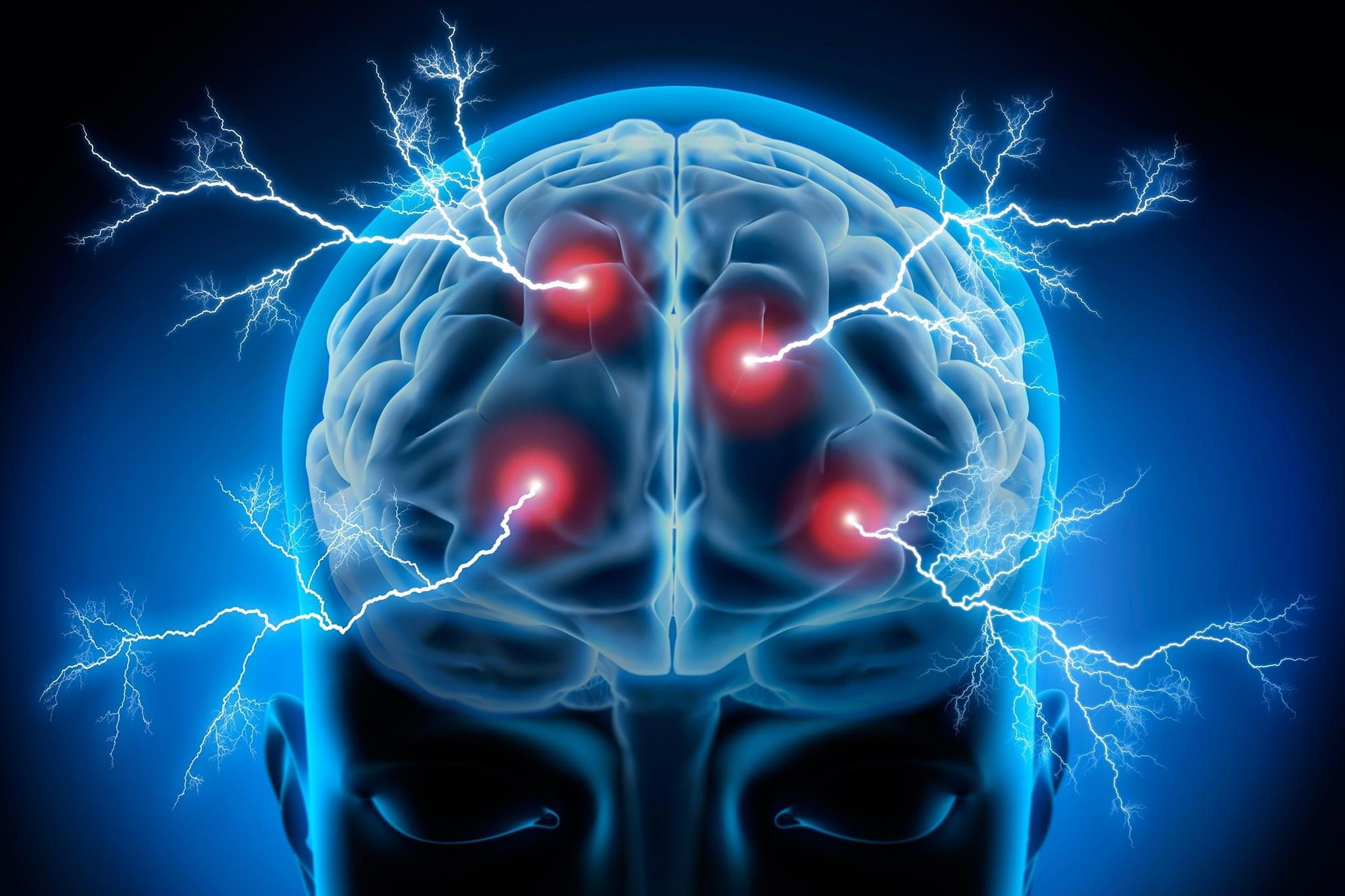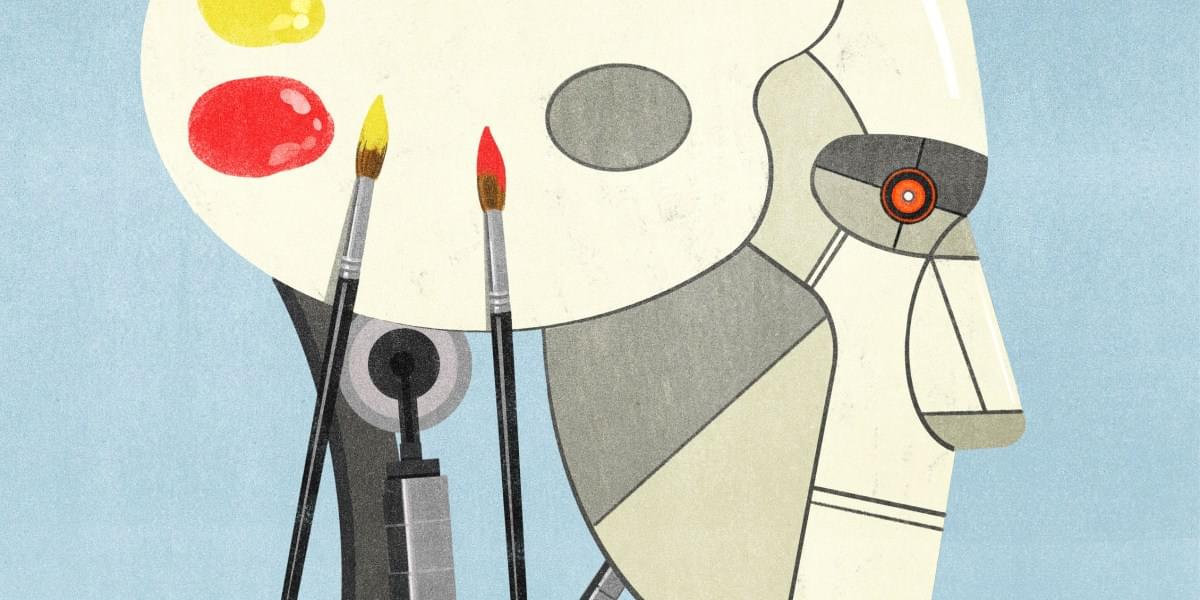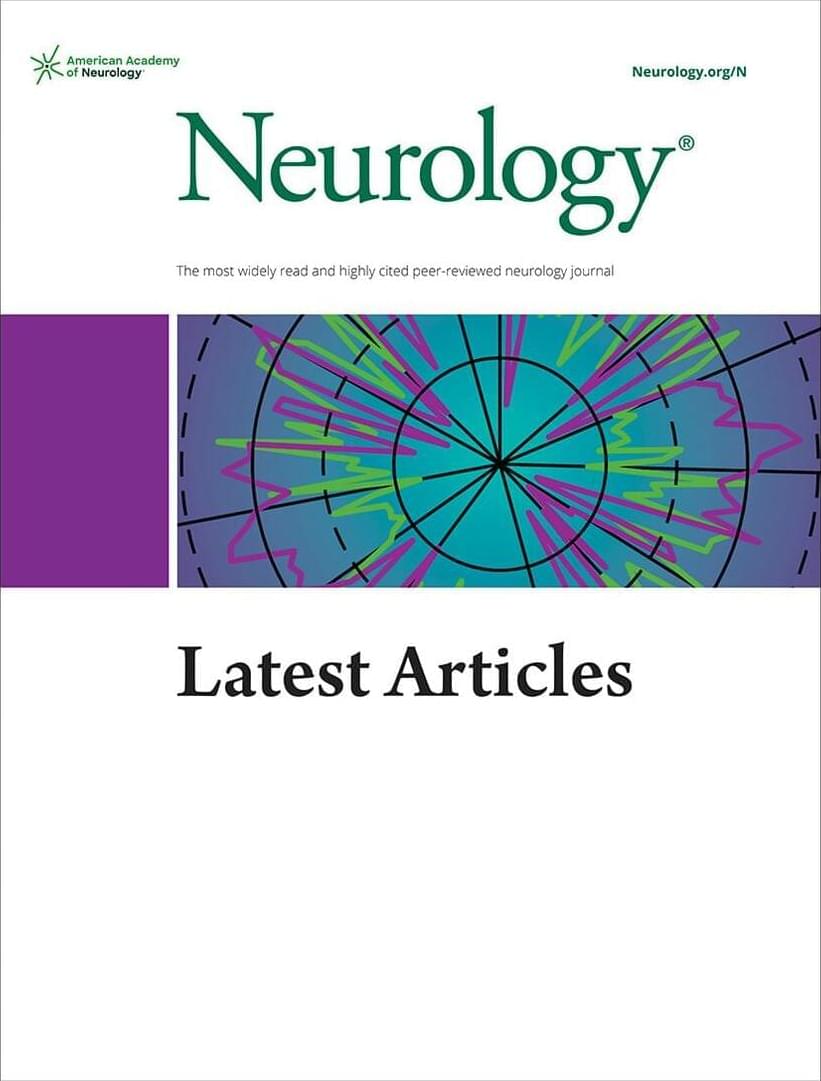“Completely automating labor could generate vast abundance, much higher standards of living, and new goods and services that we can’t even imagine today.”
Get the latest international news and world events from around the world.

Spent 5 Years Building Brain Missions That Actually Work
Anyone can give you a brainwave menu and say “Go wild.”
Because it’s not about the tech. It’s about changing your life.
#EngineeringMindset #DIYSuccess #ImpactfulChange #EfficiencyMatters #WellnessJourney




Vertebrobasilar Dolichoectasia Presenting With Multiple Cranial Nerve Involvement
A 70-year-old man presented to the emergency department with a painful exacerbation of right trigeminal neuralgia, managed for 5 years with carbamazepine. Clinical examination revealed binocular diplopia due to an abduction deficit in the right eye and hypoesthesia in all divisions of the right trigeminal nerve (V1, V2, V3), without clinical signs of right VII or VIII cranial nerve involvement. High-resolution 3D T2-weighted steady-state MRI (Figure) revealed vertebrobasilar dolichoectasia (VD) with deviation of the right fifth cranial nerve root, complete atrophy of the right sixth cranial nerve, and deviation of the right acoustic-facial nerve bundle.
Open in viewer.
Although VD mainly causes ischemic stroke or brainstem compression, cranial nerve involvement is rare. Abducens nerve compression is exceptional, with 11 cases reported up to 2020,1 and combined fifth and sixth nerve involvement even rarer (2 cases).2.

Dave Pascoe Presents His Blood Test Results: Biological Age, RDW (Part I)
Join us on Patreon! https://www.patreon.com/MichaelLustgartenPhD
Discount Links/Affiliates:
Blood testing (where I get the majority of my labs): https://www.ultalabtests.com/partners/michaellustgarten.
At-Home Metabolomics: https://www.iollo.com?ref=michael-lustgarten.
Use Code: CONQUERAGING At Checkout.
Clearly Filtered Water Filter: https://get.aspr.app/SHoPY
Epigenetic, Telomere Testing: https://trudiagnostic.com/?irclickid=U-s3Ii2r7xyIU-LSYLyQdQ6…M0&irgwc=1
Use Code: CONQUERAGING
NAD+ Quantification: https://www.jinfiniti.com/intracellular-nad-test/

Dark matter could make planets spin faster
Dark matter is a confounding concept that teeters on the leading edges of cosmology and physics. We don’t know what it is or how exactly it fits into our understanding of the universe. We only know that its unseen mass is a critical part of the cosmos.
Astronomers know dark matter exists. They can tell by the way galaxies rotate, by exploiting gravitational lensing, and by analyzing fluctuations in the Cosmic Microwave Background. But new research suggests that there might be another way to detect its presence.
The research is “Dark Matter (S)pins the Planet,” and it’s available on the arXiv preprint server. Haihao Shi, from the Xinjiang Astronomical Observatory at the Chinese Academy of Sciences, is the lead author. The co-authors are all from Chinese research institutions.